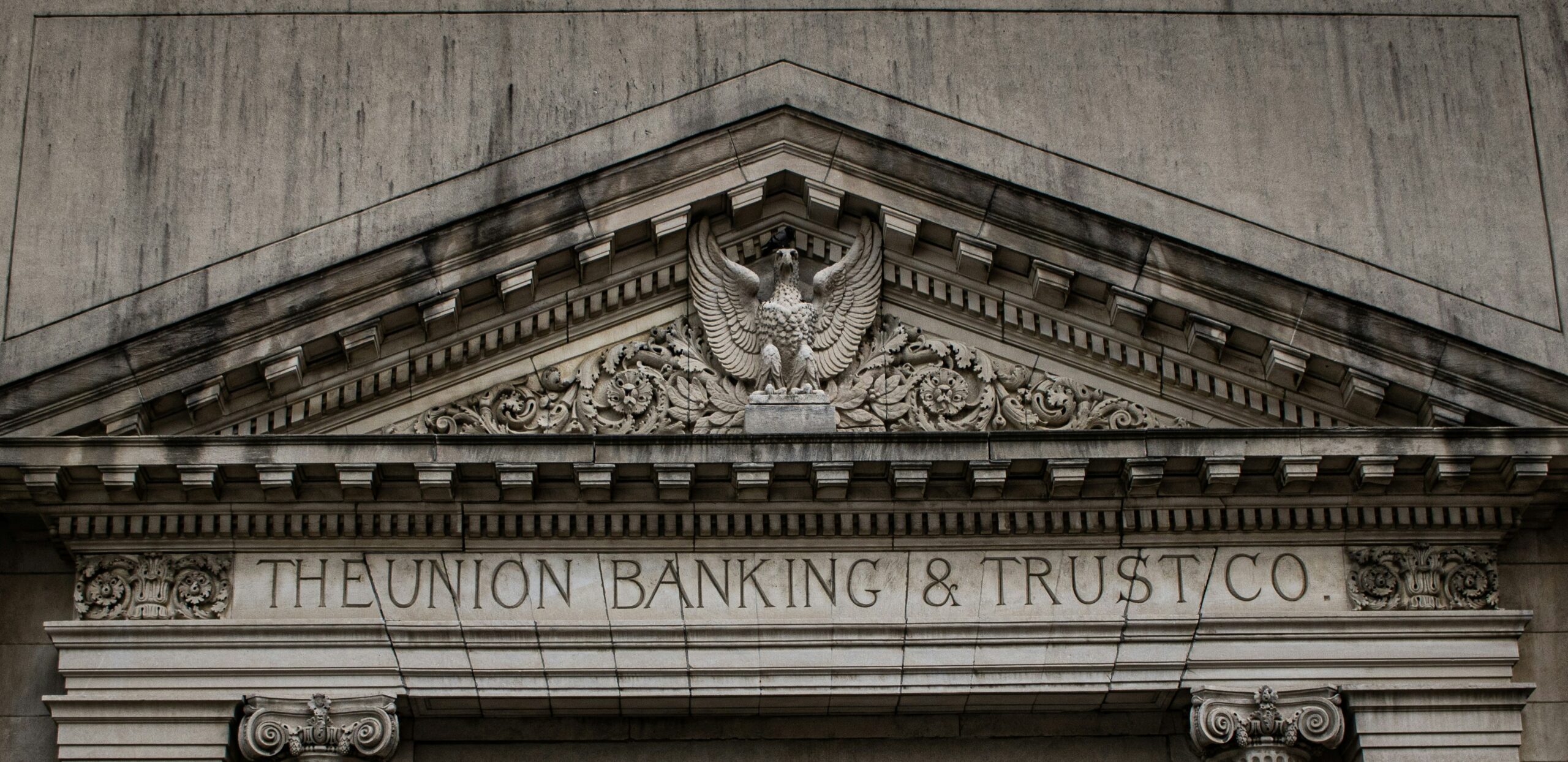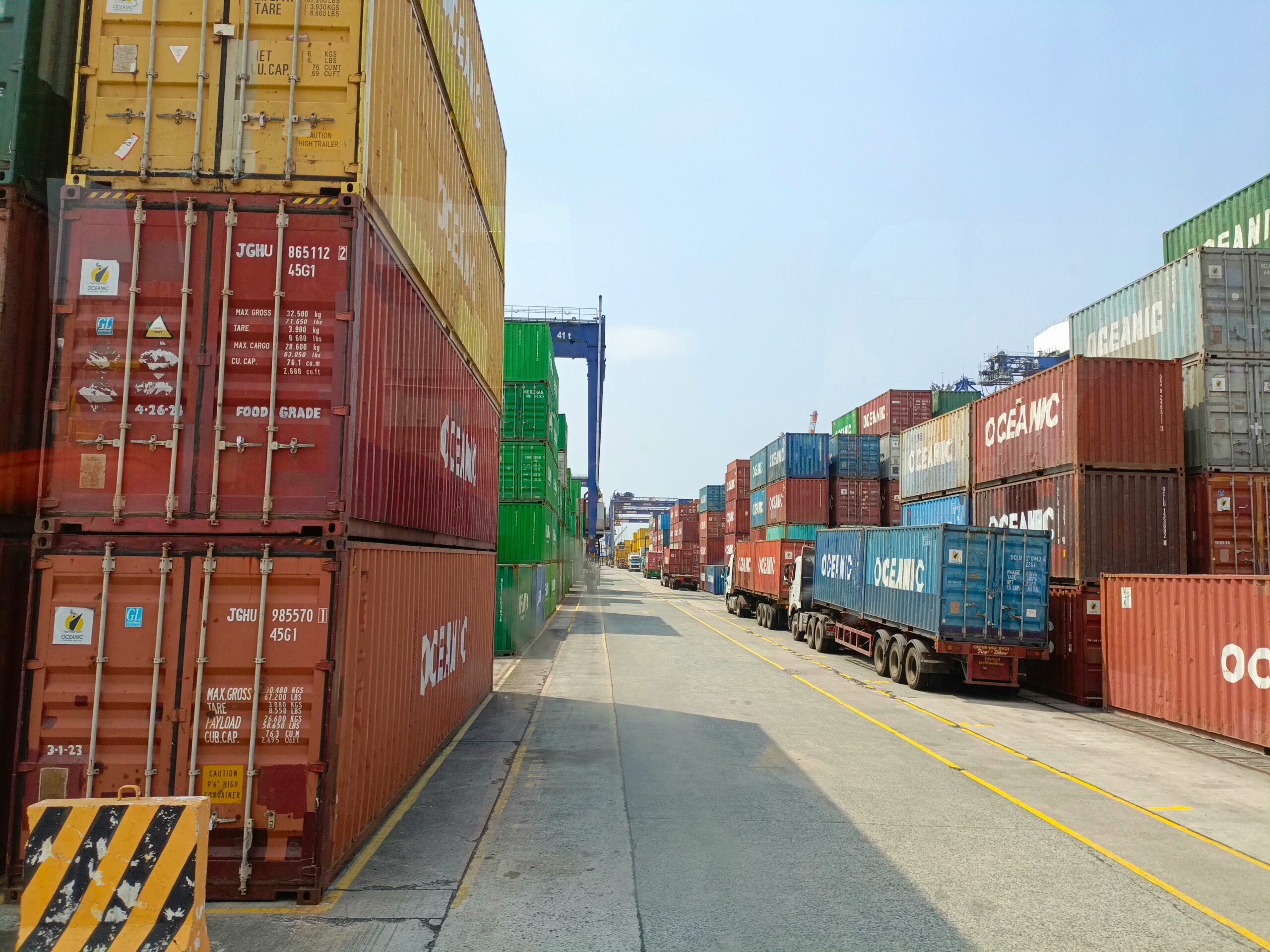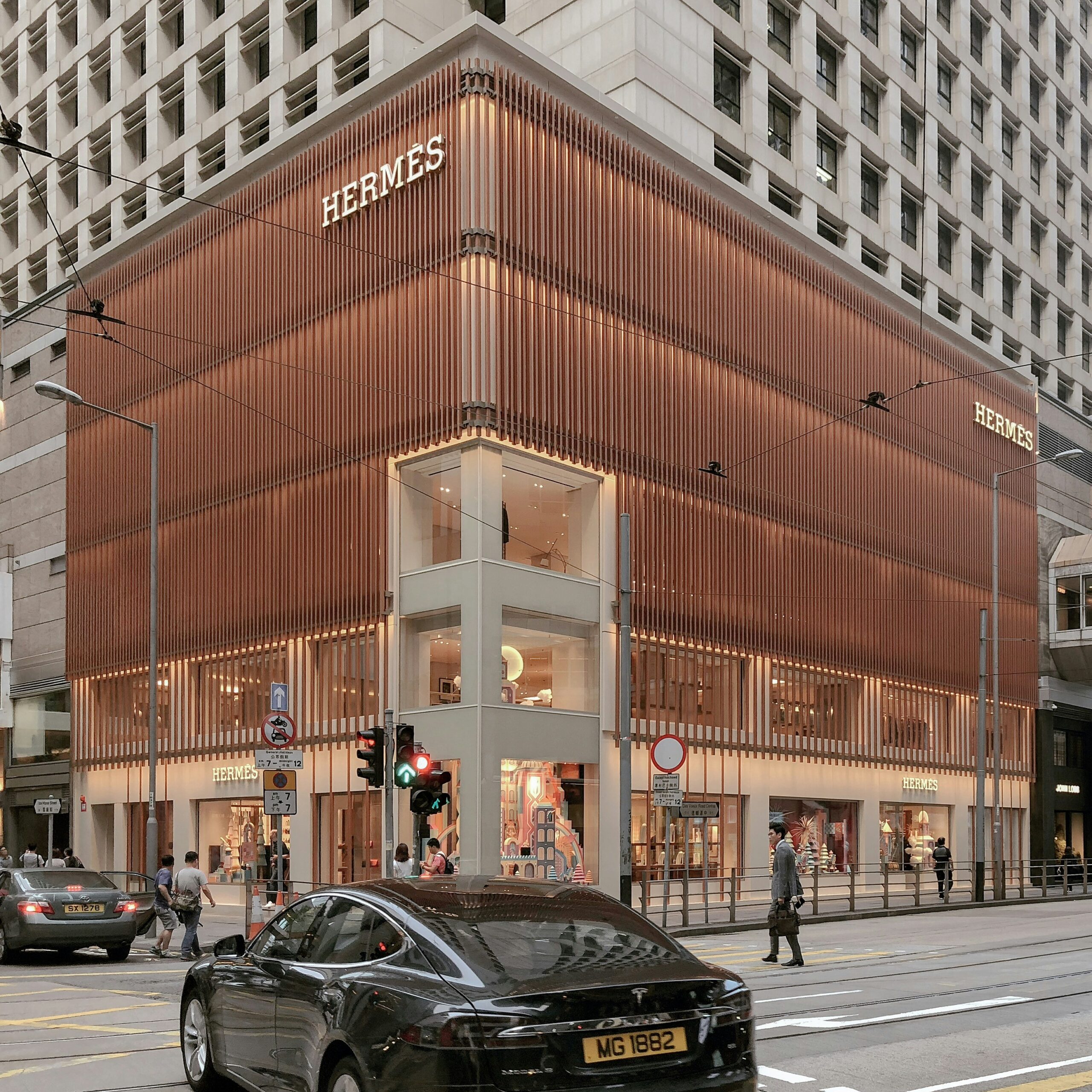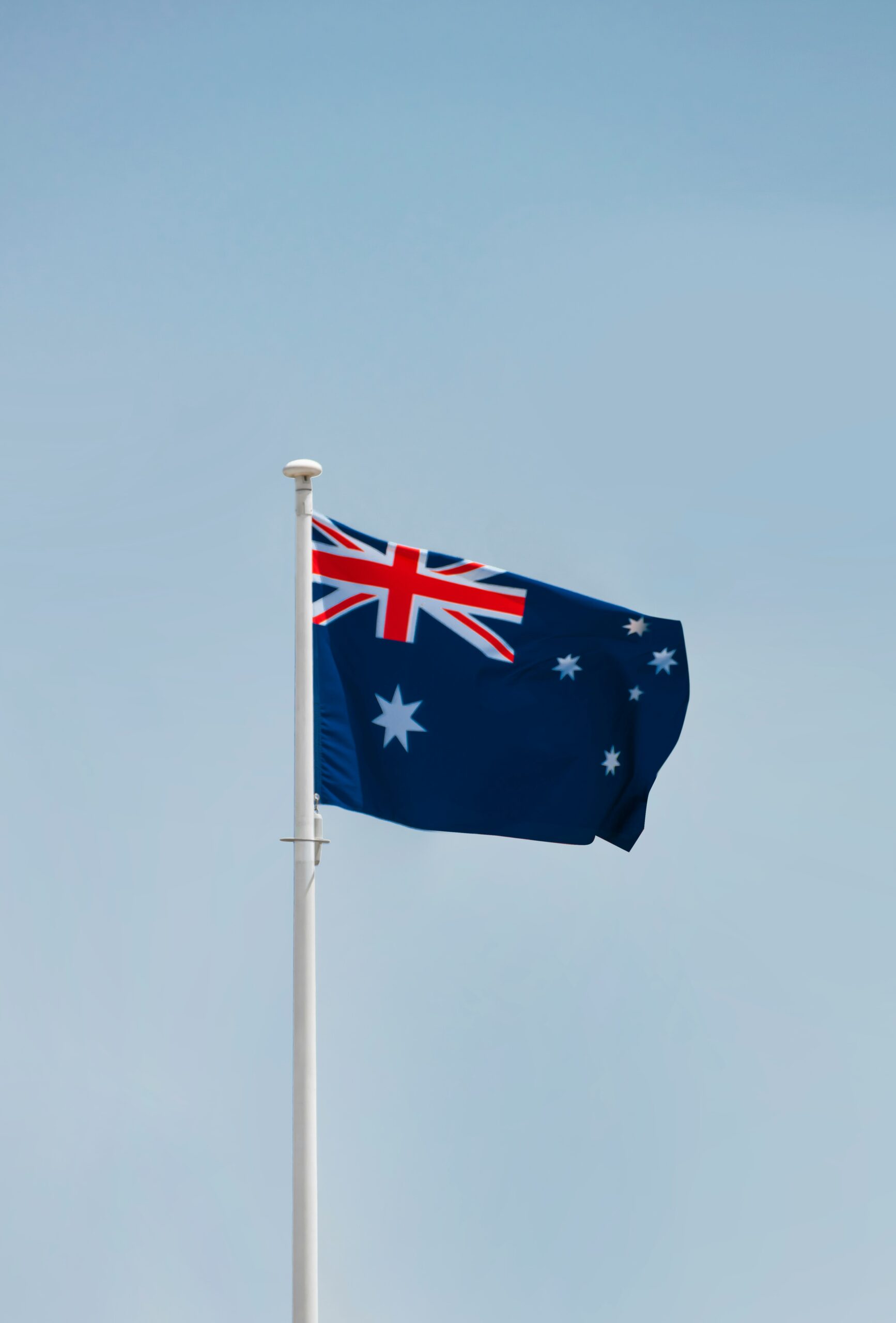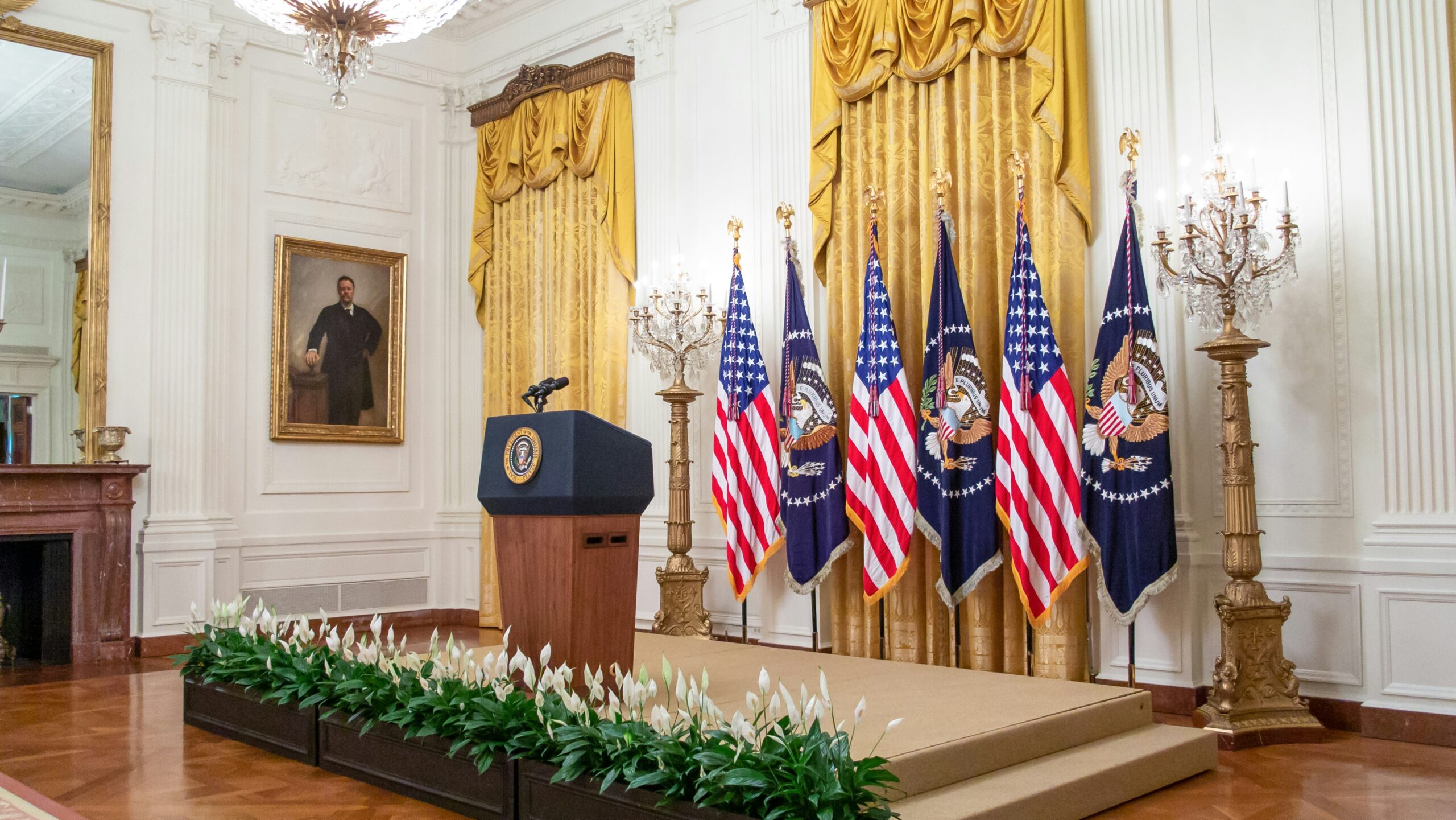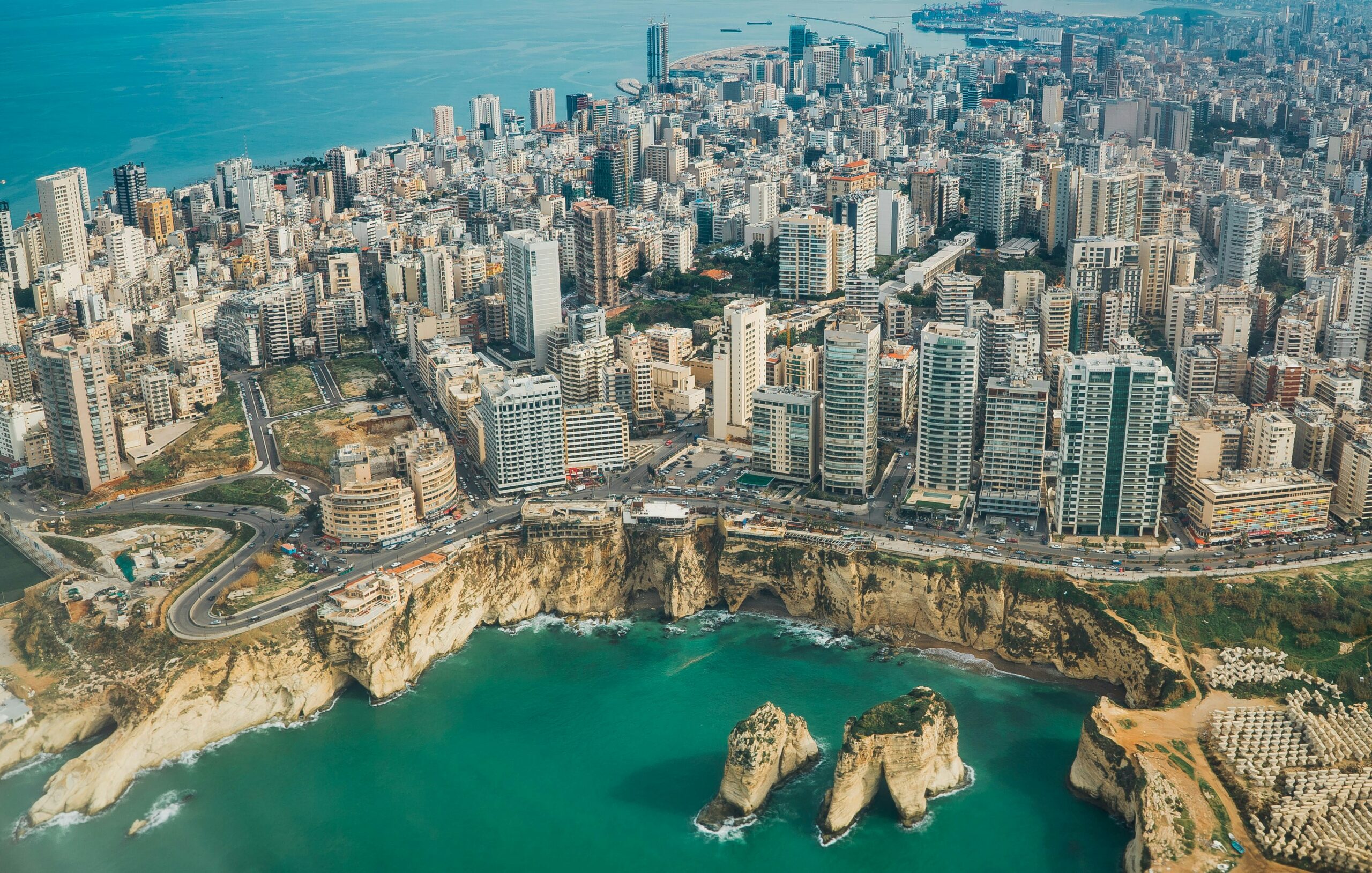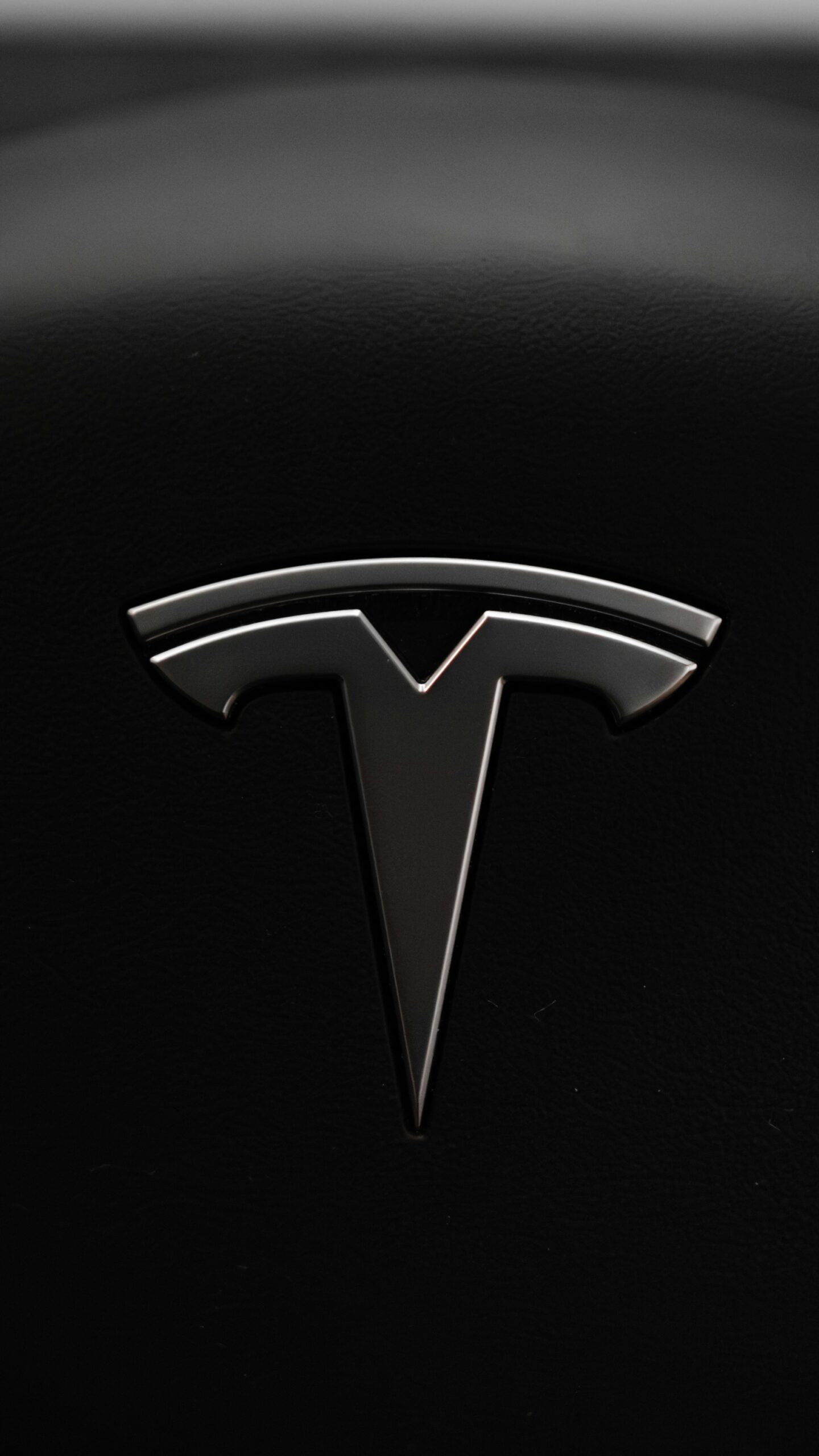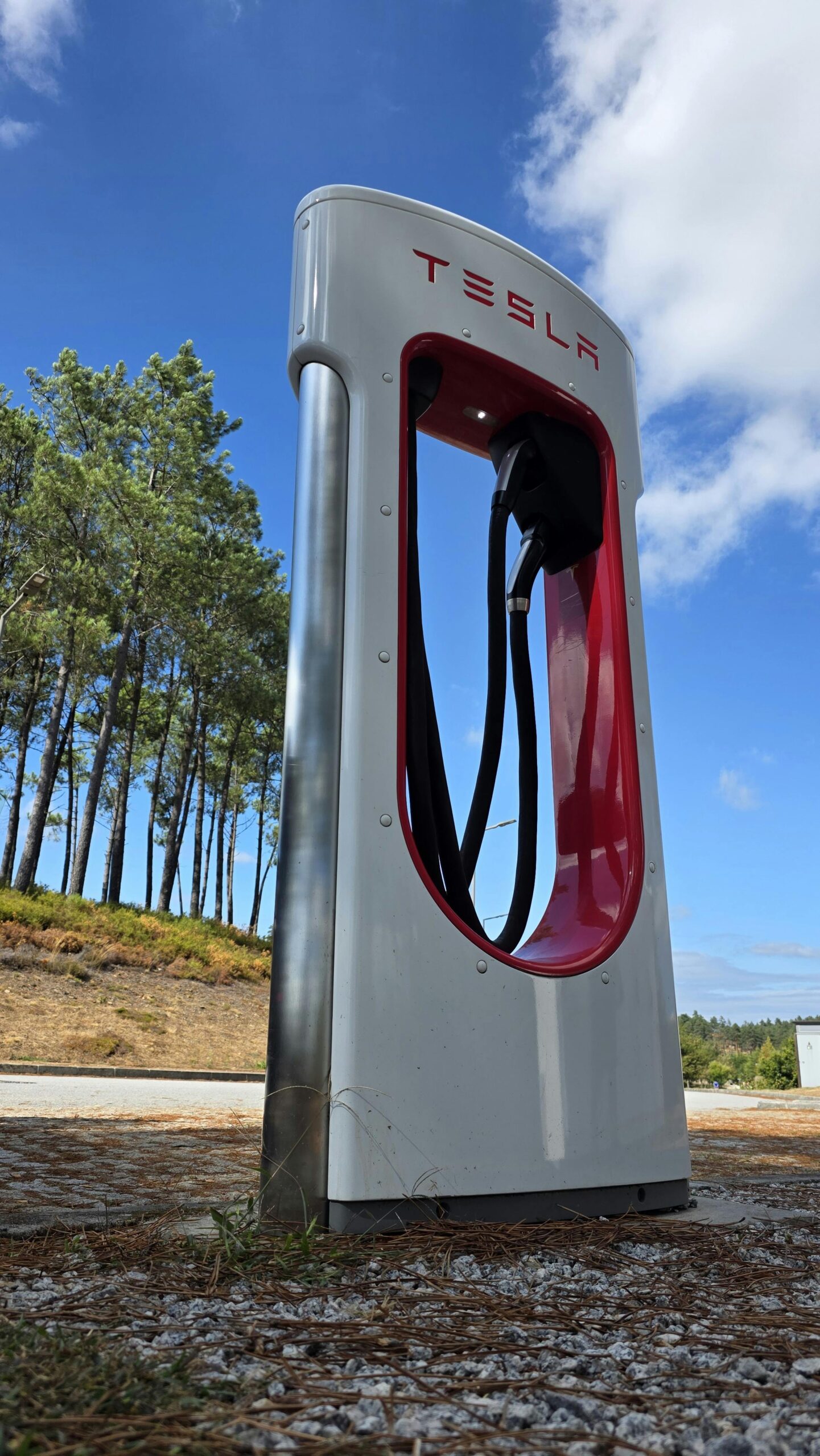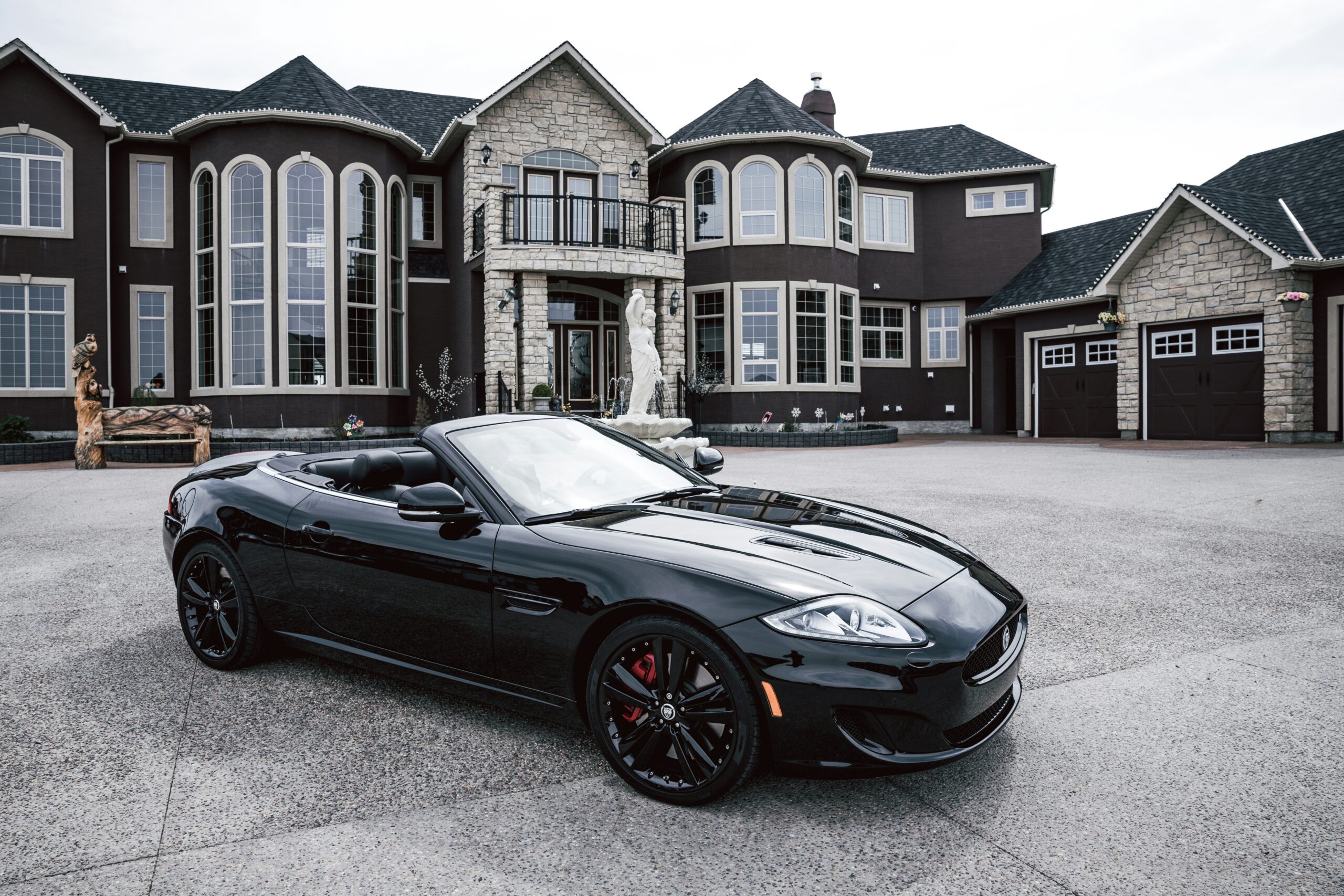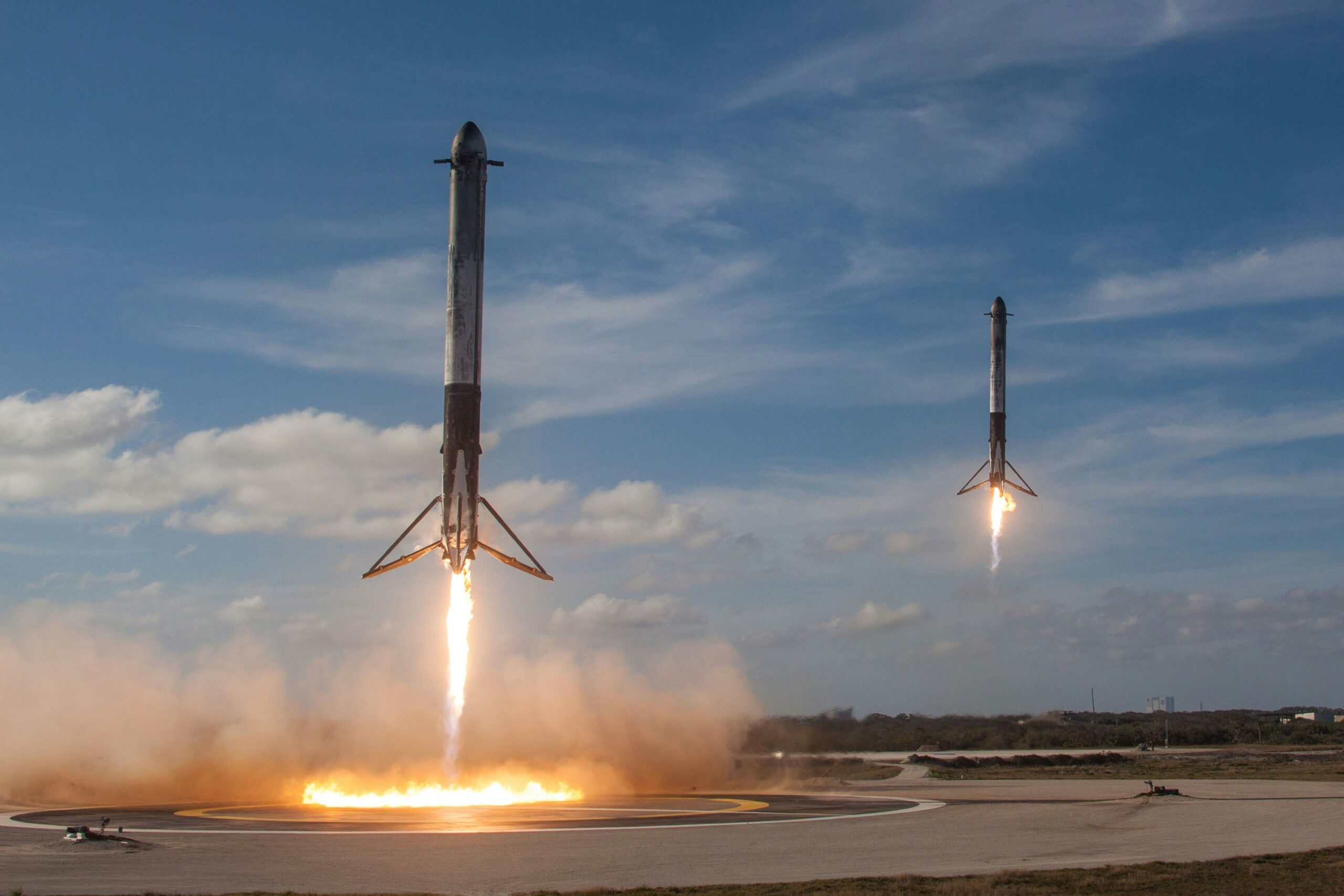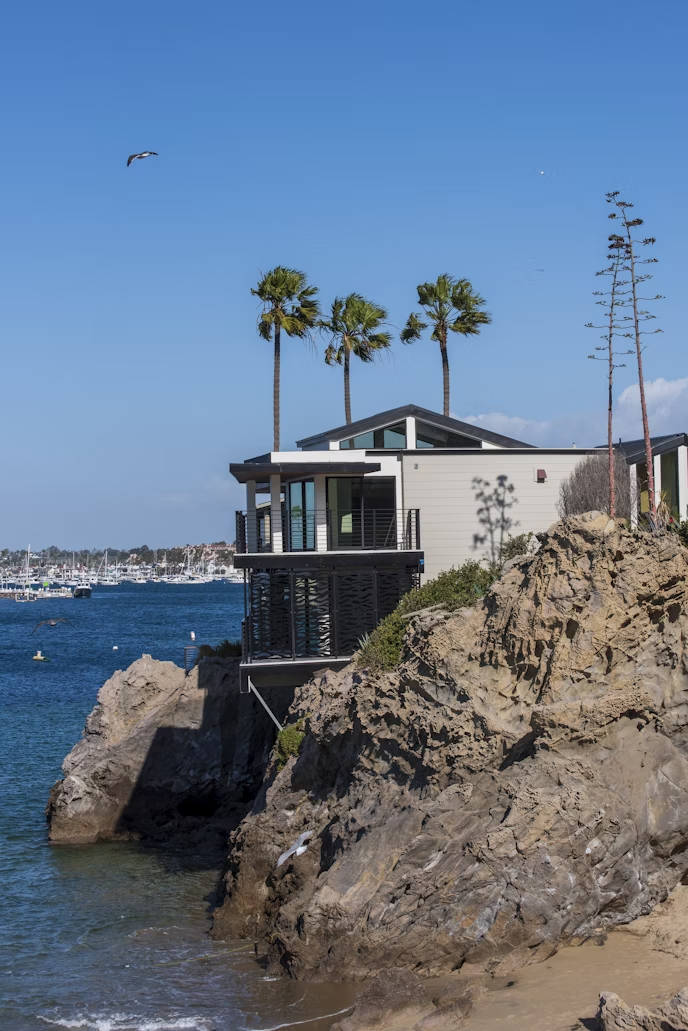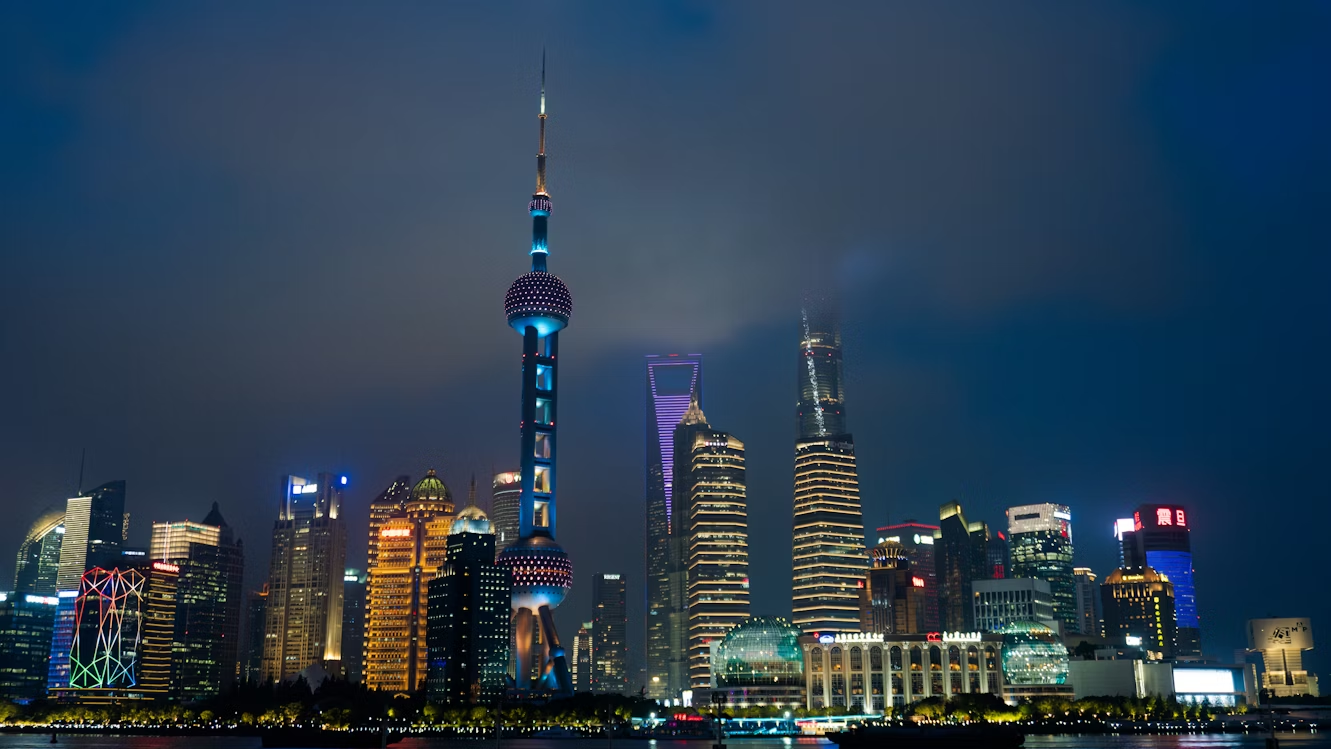Image credit: Unsplash
As Donald Trump’s 2024 Presidential campaign has proven successful, many have questioned what that means for taxing the wealthy and the working class in the future.
Historically, during his first term, Trump was predictably easygoing on his peers in the wealthiest tax brackets, while the working class was hit harder as a byproduct. Moving forward into 2025, the question of taxes has loomed large for many, not just here in the US.
Internationally, leaders like Spain’s Carlos Cuerpo are pushing higher taxes on the ultra-wealthy. Speaking during a visit to London before the gathering of G20 leaders in Rio de Janeiro on Monday, Carlos Cuerpo said the plan had gained political momentum since the summer when finance ministers agreed to work together to “ensure that ultra-high-net-worth individuals are effectively taxed.”
As Spain’s economy minister, Cuerpo has urged the world’s wealthiest countries to “be brave” and redouble their efforts, attempting to agree on a global minimum tax on the world’s billionaires. He says that recent worldwide elections have shown citizens demand a “redistribution of wealth” and believes this is the best way to achieve that.
“There is this moment where you have to be brave and where you just have to do things that you are convinced are right,” said Cuerpo. “There is an element here of redistribution of wealth that, if we listen carefully to the results of many of the elections that have taken place over the last few years, has been demanded by our citizens and our population. So we have to somehow respond.”
Green vs. Greed
Once an economist who led the Spanish treasury before entering government last December, Cuerpo was appointed as an independent minister to oversee the economy, trade, and business by the socialist prime minister Pedro Sánchez.
While some argue that green initiatives are an excellent place to cut spending, Cuerpo has reiterated that renewables and other green investment projects are a solution rather than part of the problem.
Spain has been given €160bn in EU loans and grants to recover from Covid and has diverted a chunk of the cash into decarbonization. Last year, a third of its electricity came from wind and solar sources.
“Investing in renewables in Spain is a factor that is driving our competitiveness up,” he said.
Conversely, during Covid, the world’s five wealthiest men doubled their wealth. Donald Trump’s successful campaign to become the next US president, with a mandate to cut taxes and deregulate, has led to those same individuals increasing their wealth exponentially throughout the last few weeks.
According to research by Gabriel Zucman, billionaires pay an average of 0.3% tax on their wealth, a fraction of the rates paid by the working class.
A Rallying Cry for Unity on International Taxation
Zucman is the architect of the global wealth tax scheme promoted by Cuerpo and his allies in Brazil and beyond. It is based on the minimum 15% tax rate imposed on multinationals as of this year and is now adopted by more than 50 countries. Supporters have said every country doesn’t need to sign up for the idea to get off the ground.
In July, finance leaders from every G20 country agreed to “engage cooperatively to ensure that ultra-high-net-worth individuals are effectively taxed.” When the leaders of the 20 wealthiest nations meet in Brazil this week, they will be asked to confirm that commitment.
This presents a rare opportunity for unity on this front, especially in the face of another Trump presidency. For governments seeking more equal taxation, the political air cover of an international agreement could be an easier option than clashing with their most powerful citizens and armies of well-paid lobbyists.
“The bigger the coordination or the larger the coordination, the easier it is to implement,” said Cuerpo. “It minimizes the political capital costs.”











